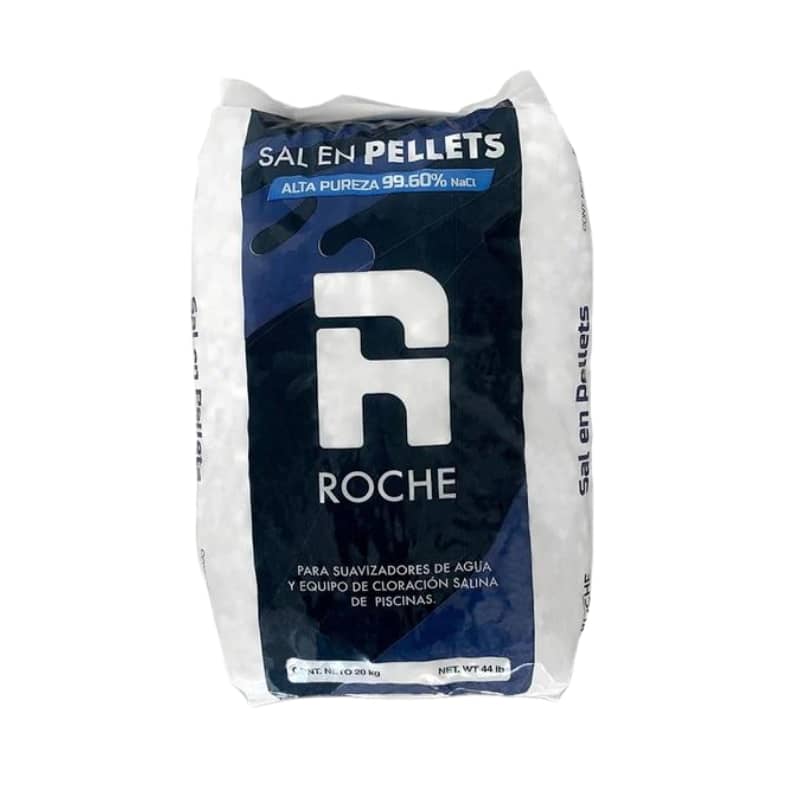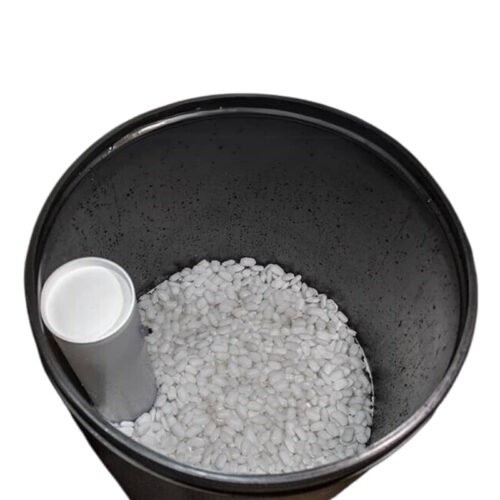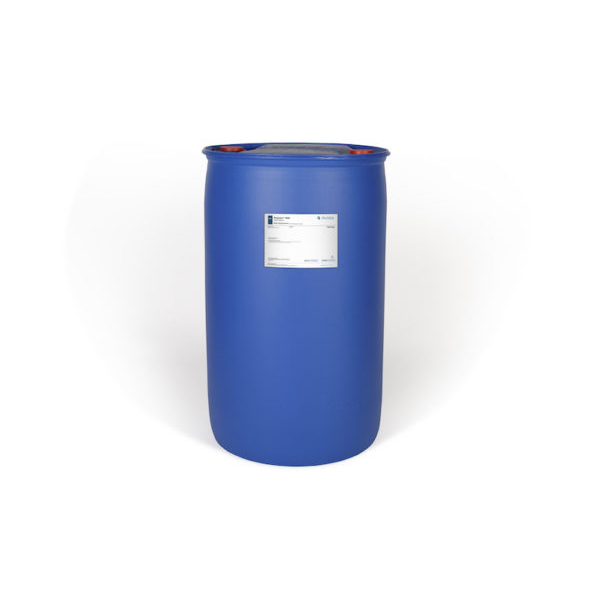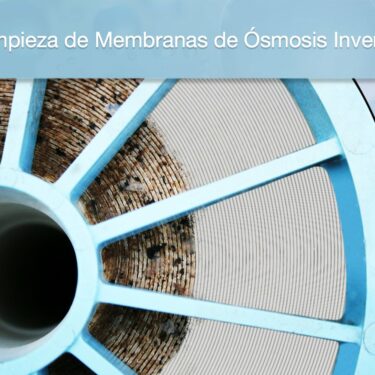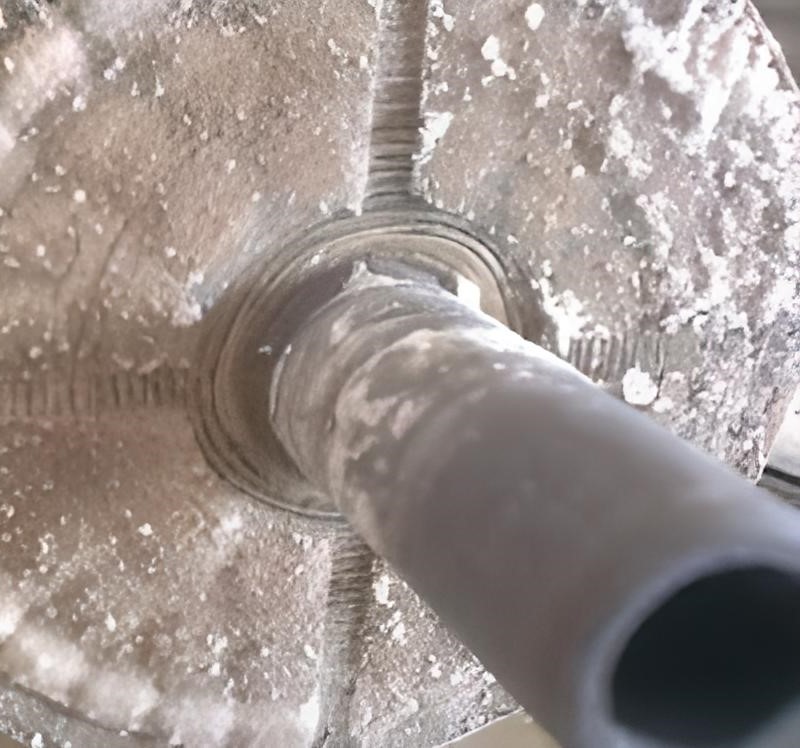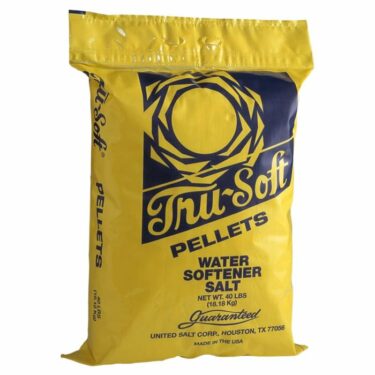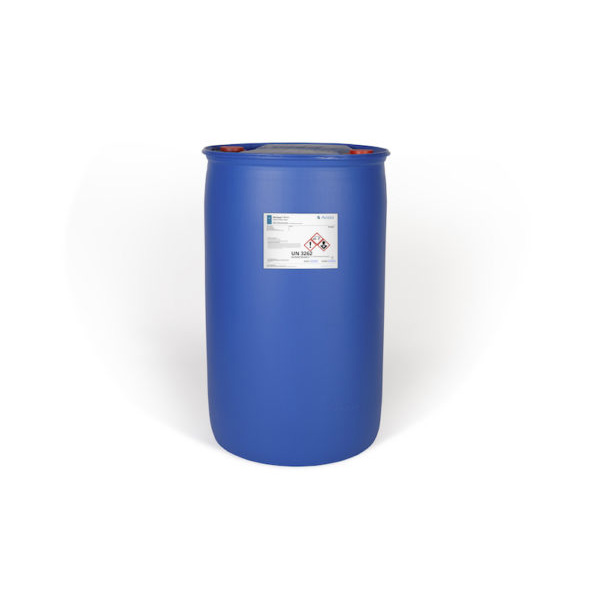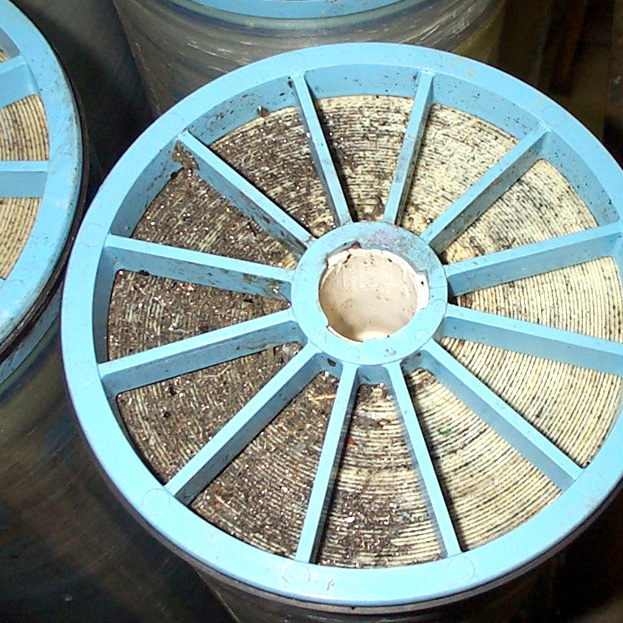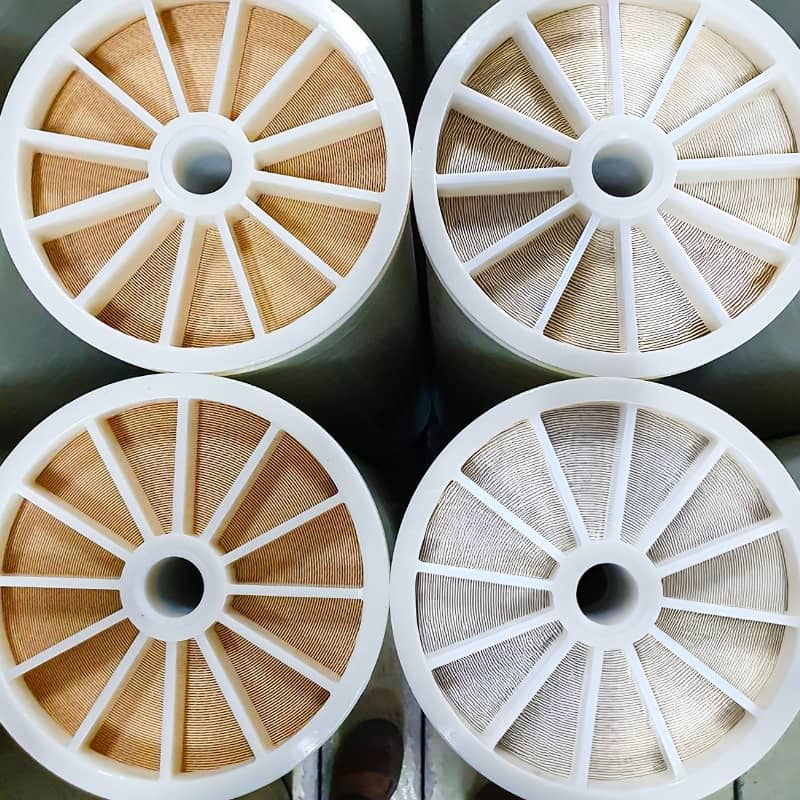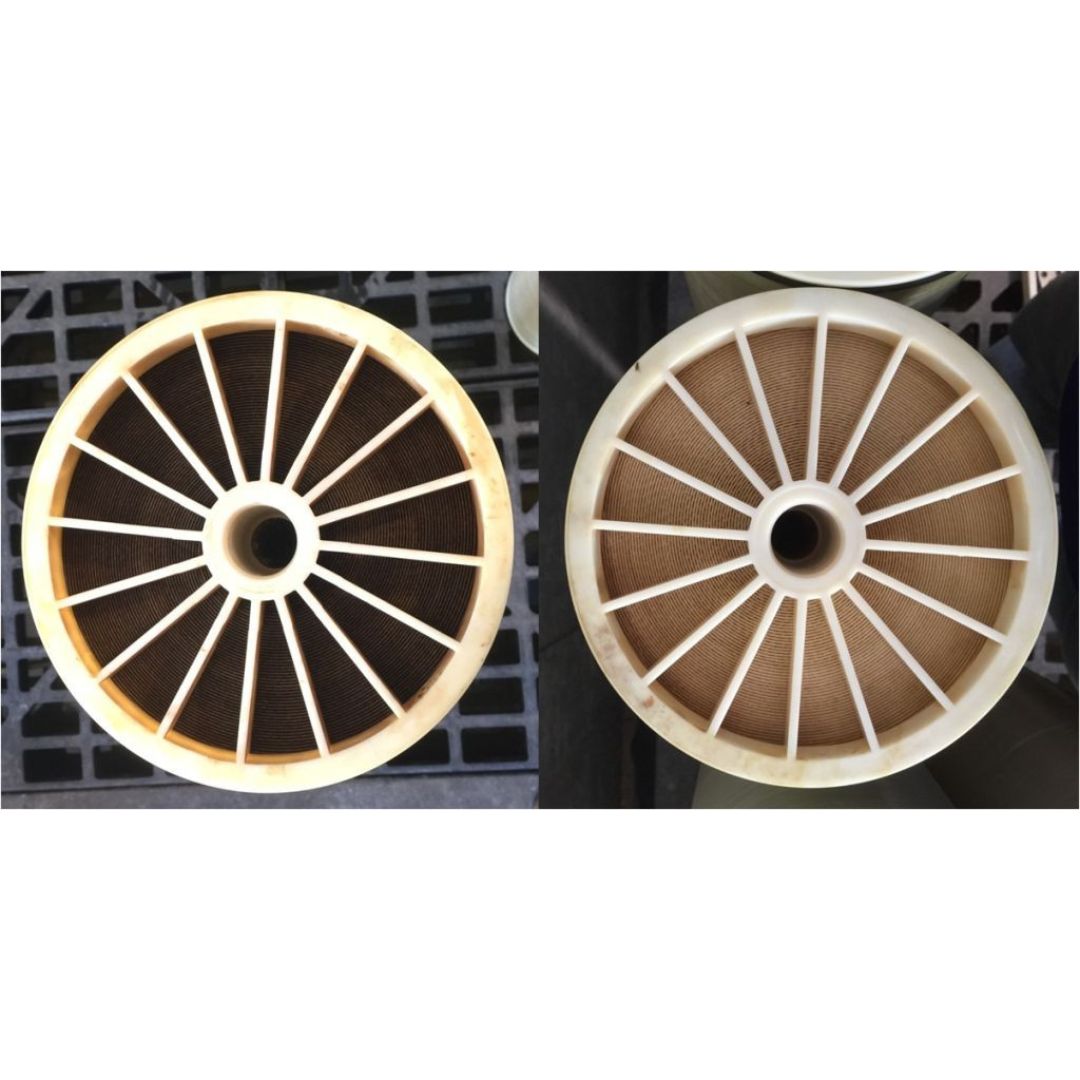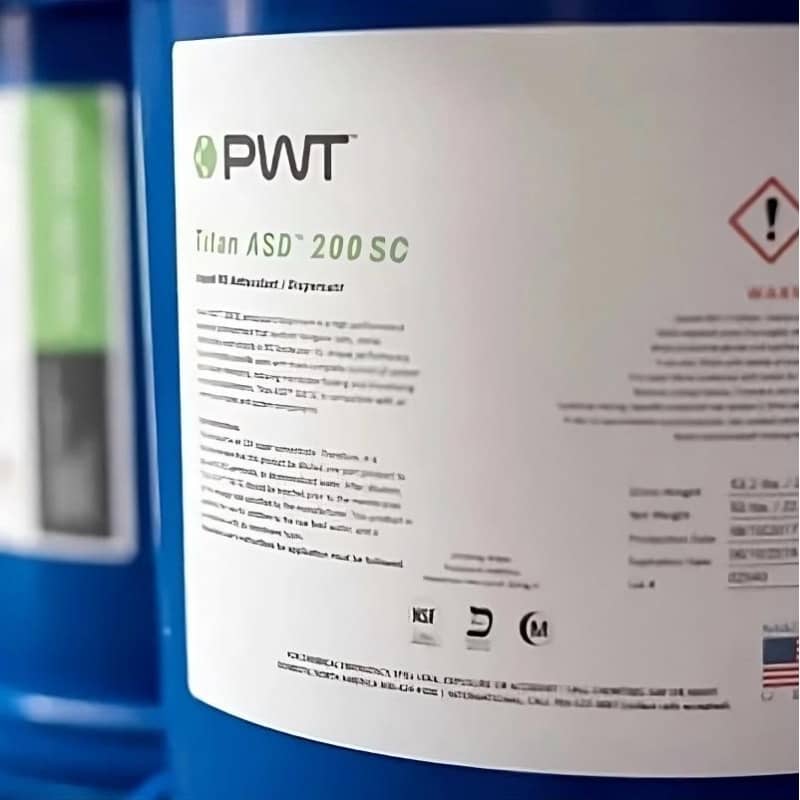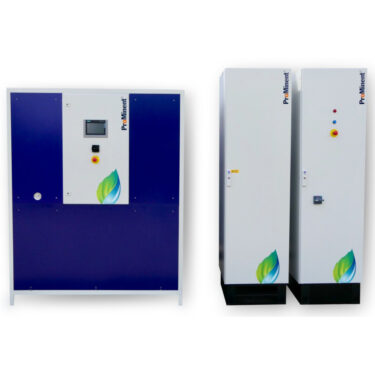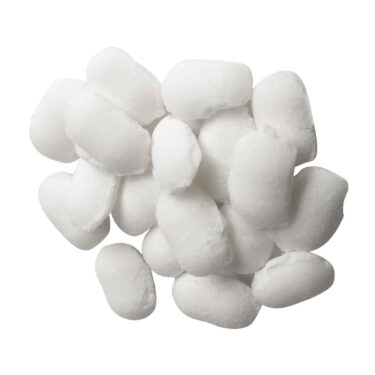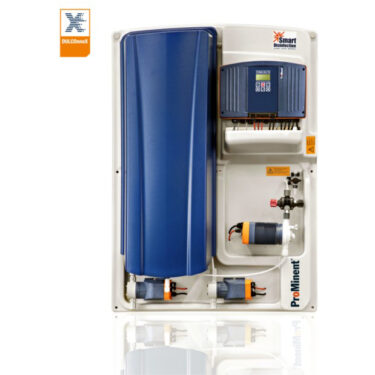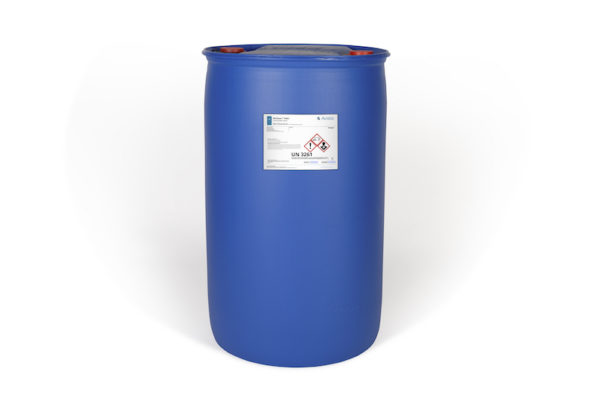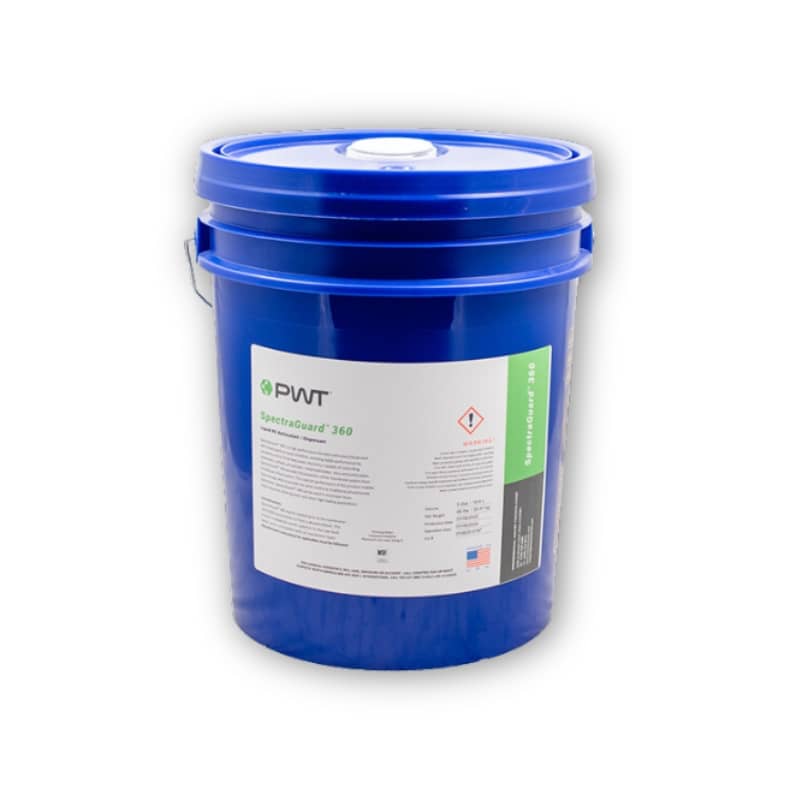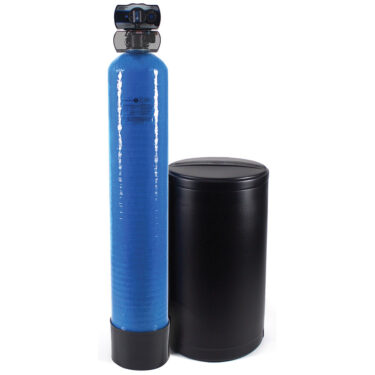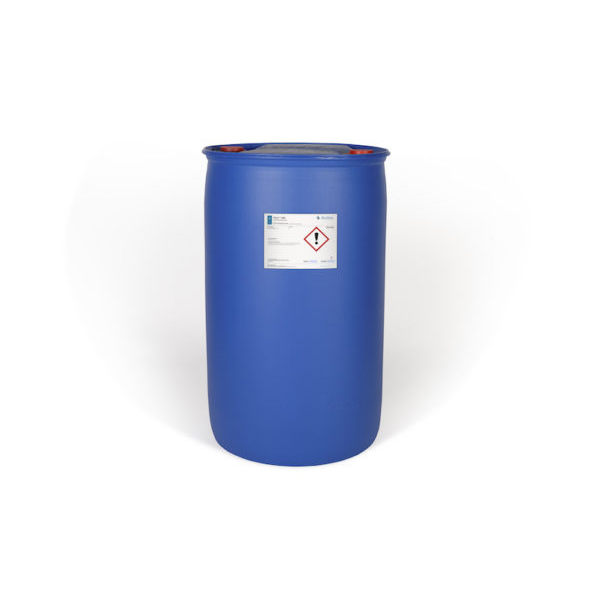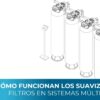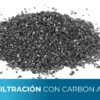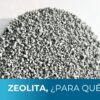Description
Salt pellets brand Roche for water softeners (Pellets)
Each salt pellet consists of sodium chloride from natural sources such as seawater. In addition, it is presented in the form of a water-soluble tablet. This is why pelletized salt is recommended for water softeners.
On the other hand, this product is used in the water treatment industry, but its main consumption is in the regeneration of ion exchange resins.
Product use:
In addition, this product is used in the water treatment industry for the regeneration of ion exchange resins.
The benefits of using salt pellets
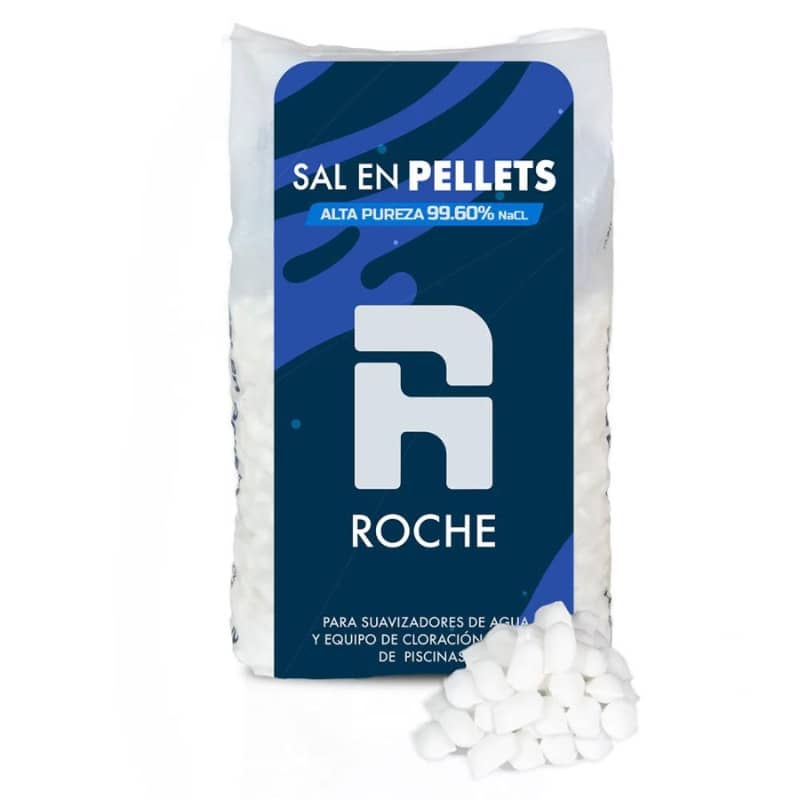
Storage conditions of Roche pelletized salt:
Main characteristics:
Each bag of salt has a weight of 20 kg. and its dimensions are: 60.75 cm. wide x 28 cm. high approximately.
|
Code
|
Presentation
|
Physicochemical Characteristics | |||||
| Sodium Chloride NaCI (purity) |
Sulfate | % Calcium (Ca) | Magnesium (Mg) | Insoluble solids | % Humidity | ||
| P_118018 | Pellet Salt – 20 kg. bag. | Minimum 99.60 | Maximum 0.300 | Maximum 0.100 | Maximum 0.040 | Maximum 0.050 | Maximum 0.200 |
Explanation of the physicochemical characteristics of salt for water softeners:
Sodium chloride: salts for regeneration of ion exchange resins for water softeners will have a high percentage of chloride close to 100%. The amount of sodium chloride (NaCl) indicates the degree of purity of the salt in either granular or pellet form. It must be considered that any option on the market will have impurities.
Calcium and magnesium: these minerals are undesirable in salt as they are the ones to be removed by the softeners that will be regenerated with salt. Therefore, its concentration in the pelleted salt should be minimal.
Insoluble compounds: these types of elements can damage water softening systems because when they accumulate they generate sludge, so brine tanks will require more or less maintenance depending on the percentage of these compounds.
Moisture: low moisture percentages indicate a higher actual amount of salt (sodium chloride).
The main applications of salt pellets:
- Water Treatment
- Regeneration of resins
- Ion exchange
- Saline chlorination
Do you need to quote resin and salt for your softener?
Contact us at: 33 38340906.
Advantages of pellet salt over granular salt in water softeners.
1. Solubility and dissolution kinetics.
The pellet form of the salt is manufactured to have a higher purity and a lower amount of insoluble impurities compared to granular salt. This results in a more complete and uniform dissolution.
The dissolution kinetics of pellets is generally more controlled than that of granular salt due to their compact shape and uniform size, which reduces the formation of salt blockages at the brine tank out.
Reduced compaction
The accumulation of agglomerations in the brine tank due to the use of granular salt can block the passage of the salt solution to the softener, thus requiring greater maintenance.
When salt is used in pellet form, the accumulation of residues is avoided due to the resistance of its physical form.
3. Regeneration efficiency
The pellets dissolve more uniformly and consistently, generating a brine that optimizes the sodium ion retention process by the water softener resins.
4. Dosing control
Uniformity in pellet size and shape facilitates more accurate dosing of salt into the brine tank.- Proper dosing is crucial to ensure that the concentration of the salt solution is sufficient to completely regenerate the resin without exceeding the amount of salt needed, which not only improves efficiency but also reduces the operating cost and environmental impact of the softening system.
More information:
What is a water softener? – Learning Center
Quality parameters of salt for regenerating softener resin – Learning Center

